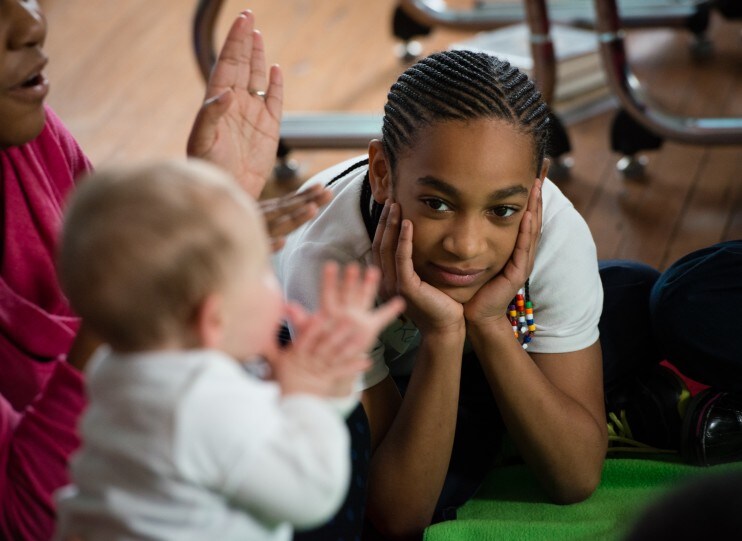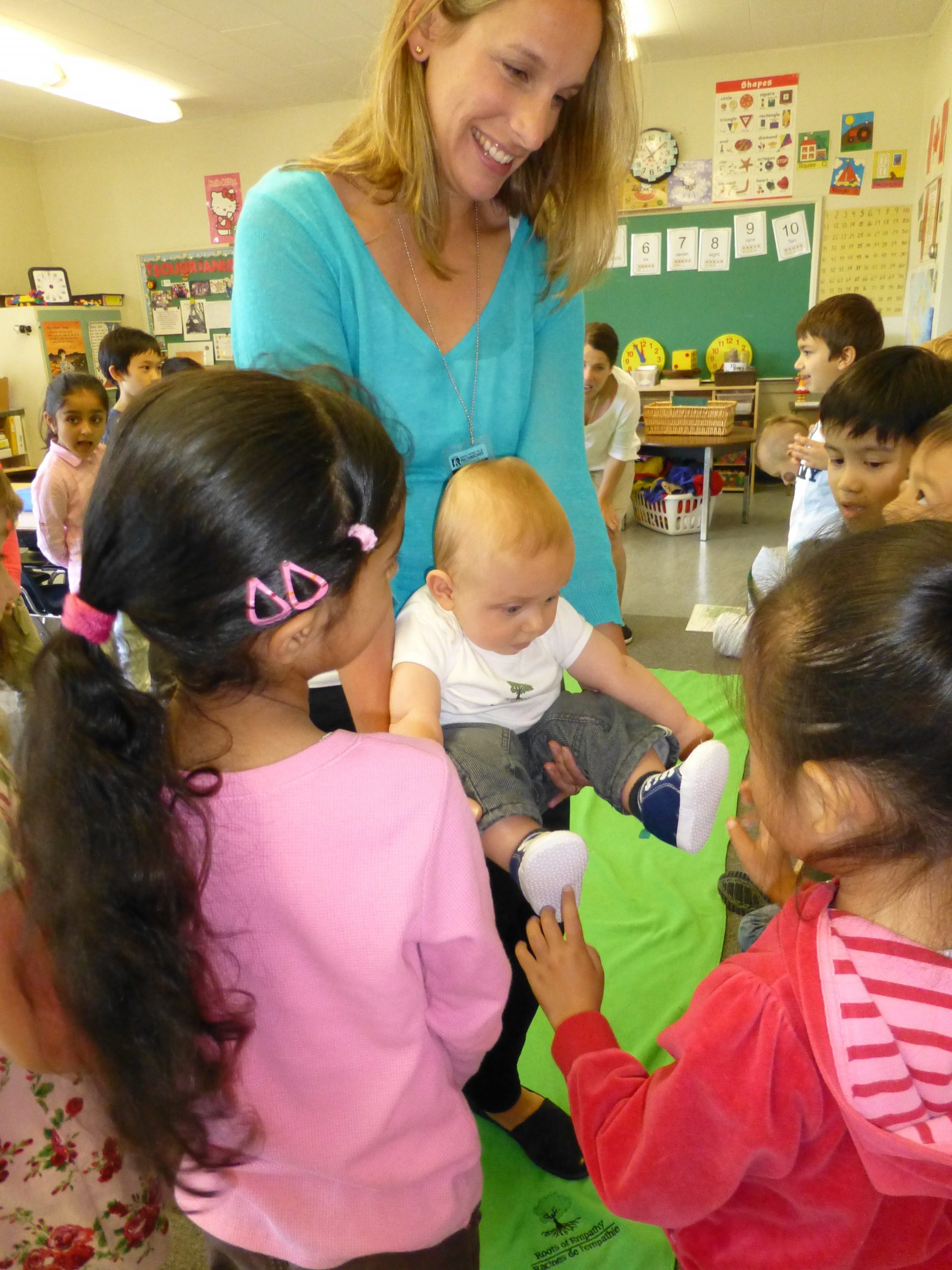If you are – you are not alone. Research from the Ontario Teacher’s Federation indicates overwhelming concern – 89% of educators and 83% of parents are concerned about the “learning impact on relationships, given limited to no individual student-teacher interactions and peer interaction over the last 2 years. Students lost communication/social skills and experienced frustrations, negative mental health and challenges in establishing relationships.”[1]
And it’s not just Ontario, and it’s not just relationships. Over the previous years of the pandemic, medical professionals from all over have noted rises in suicidal thoughts, eating disorders, and other signs of distress and anxiety among children, and it may take years to fully evaluate the toll on children’s mental health according to the United Nations Children’s Fund [2]. More than ever, we need trauma-sensitive classrooms.
Our Empathy Classroom Programs Provide Reasons to Believe
“The yellow brick road to mental health starts with children who understand themselves, the way they think and feel, and the ability to understand how others feel. It allows them to connect to others, to make friends, and to realize they are not alone in their negative feelings. Roots of Empathy in a classroom, helps them create the conditions for mental well-being for life.”
~Mary Gordon, Founder and President of Roots of Empathy
At Roots of Empathy, where we have programs on three continents, isolation didn’t stop us from supporting children’s mental health, well-being and resilience. We delivered our online Recovery program as children and teachers isolated for safety. And, while the virtual ROE program provided critical opportunities for children and teachers to connect on emotional levels, our dedicated staff and volunteers are yearning and ready-to-go to help children this school year make connections IN the classroom, around a ‘green blanket’.
During the last 2 years, our online Recovery Roots of Empathy program, enabled children to voice and draw their feelings around COVID – an important step towards mental health
The mental health skills nurtured through the Roots of Empathy programs are needed now – more than ever.


How Does It Work? It starts with a ‘Tiny Teacher’…
What is Roots of Empathy? (1.30 min video)
Roots of Empathy, our flagship program created by Mary Gordon in 1996, is centred around the novel concept of having a baby become the “teacher” in a classroom. Parents volunteer to bring their babies, from 2-4 months old at the start, into a classroom every month. During these visits, a ROE Instructor (a trained volunteer) will guide a discussion with the children, encouraging them to read the baby’s emotional cues and take the baby’s perspective.
Through this experiential learning, the children develop an understanding and vocabulary for the baby’s feelings. The ROE Instructor may ask: How do you think Baby Zoe is feeling today? A child may respond: she seems sad. Her mom said that when they came through the front door of the school the recess bell rang and it frightened her. Why do you think Baby Mohammed is clinging to his mom? Maybe because she’s not used to us and feels shy.
This kind of observation and thoughtful reflection allows children to gain insight into how others may feel – even if others don’t verbalize their feelings. The process also gives children the tools to help understand, identify, and talk about their own feelings, even the deepest and most troubling – helping them become emotionally literate and develop empathy. Participating children will experience 27 classes specialized according to their level of curriculum; Kindergarten (ages 4-5), Primary (ages 6-8), Junior (ages 9-11), and Senior (ages 12-13). It is delivered on three continents, and in multiple languages.
Helping All of Us: The Classrooms of Today are Building the Human Capital of Tomorrow
There is so much more to gain from these programs – including teaching children about infant development and safety, fostering inclusive and safe classrooms, creating community connections, and ultimately working towards our mission of building caring, peaceful and civil societies.
Help Us Reach Our Goal
We’re excited about returning to classrooms in person delivering the Roots of Empathy programs to children.By donating to us, you help us reach even more children. Please consider a donation today.
References
[1] Bayrami, Lisa. PH.D. Key Findings: The Implications of Virtual Teaching and Learning in Ontario’s Publicly Funded Schools, K-12. The Ontario Teacher’s Federation.
[2] https://globalnews.ca/news/8243358/covid-mental-health-children-unicef-report/, http”s://www.unicef.org/reports/state-worlds-children-2021
[3] Bayrami, Lisa. PH.D. Key Findings: The Implications of Virtual Teaching and Learning in Ontario’s Publicly Funded Schools, K-12. The Ontario Teacher’s Federation.




